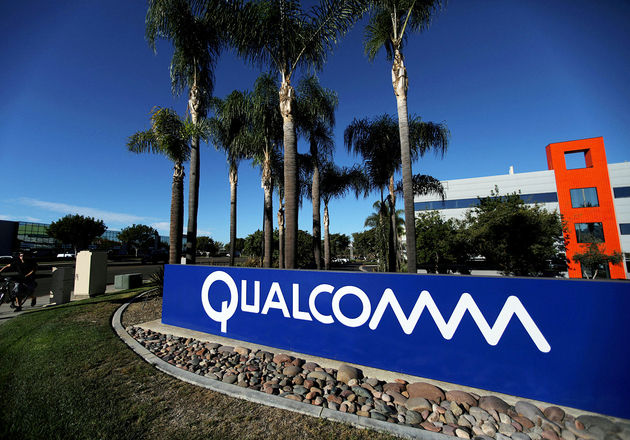
Photo/VCG
Dec.21 (NBD) -- U.S. smartphone maker Apple rolled out a version of iOS 12.1.2 as a replacement to the update that released on Monday, which is reportedly to address two Qualcomm patents that led to a Chinese court issuing a preliminary injunction on the sales of iPhone 6s through iPhone X last week.
With the patent war continue to escalate, NBD had an interview with Jiang Hongyi, a lawyer at Lexfield Law Offices who is representing Qualcomm in patent suits in China.
NBD: How is the proceeding of the preliminary injunction of banning 7 iPhone models in China?
Jiang: The court order has come into effect but related iPhone models are still available in the market. We have appealed for a compulsory enforcement of the order.
Apple had promised to follow laws in China when business there. Its reputation will be eroded if it is fined by Chinese regulators for refusing to enforce the order.
NBD: If the compulsory enforcement starts, who will be punished?
Jiang: Apple Computer Trading (Shanghai) Co Ltd, Apple Electronics Products Commerce Beijing Co Ltd and its Fuzhou Thaihot branch, and Apple Trading (Shanghai) Company Limited, and their legal representatives.
NBD: Apple released a new version of iOS 12.1.2 for iPhones Monday. Will it be able to sidestep the sales ban by doing so?
Jiang: The scope of the sales ban is clear, which targets the seven models: iPhone 6s, iPhone 6s Plus, iPhone 7, iPhone 7 Plus, iPhone 8, iPhone 8 Plus and iPhone X. Upgrading the operating system does not prohibit the sales ban.
In addition, we brought accused iPhones in an Apple store in Beijing for notarization after iOS 12.1.2 was released, only to find the phones are still equipped with the older operating system.
We have noticed that Apple has filed appeal to overturn iPhone sales ban in China, but the ban clearly stated that the enforcement of the order will not stop during the appeal process. Therefore it is illegal to deliberately ignore the ban in that period.
NBD: How will Qualcomm respond if Apple still refuses to enforce the order?
Jiang: The case has been heard twice in the first instance and the sales ban decision is made after the court verified the property right infringement of Apple. If Apple thinks it can circumvent the sales ban by updating its software, it should present evidence to the court. Then we will respond accordingly.
NBD: Besides the sales ban, will Qualcomm ask for compensation from Apple?
Jiang: It's inconvenient to disclose the detail as the case is still in progress, but Qualcomm of course has the right to claim compensations.
NBD: How about the proceeding of suits in Beijing, Guangzhou, Nanjing and Qingdao?
Jiang: Qualcomm has filed suits against Apple for violations of 24 patents in China, which are handled by different courts. The court in South China's Fuzhou has first released preliminary ruling due to faster procedures.
Qualcomm is now asking courts in China to ban sales of Apple's latest iPhone XS, iPhone XS Max and iPhone XR in the country.
NBD: How long will a patent suit last?
Jiang: Taking the Qualcomm patent lawsuit against Apple as an example, it has been a year since the file last November. It is not sure whether there will be a second instance after the first-instance ruling is made.
NBD: According to the new patent law, will the second instance be handed by the Supreme People's Court?
Jiang: Yes, for cases with a first-instance ruling after January 1 of 2019, their second trail will be handled by the newly established intellectual property court.
NBD: How long will the preliminary injunction last?
Jiang: It will last until the second-instance ruling.
Email: tanyuhan@nbd.com.cn


 川公网安备 51019002001991号
川公网安备 51019002001991号





